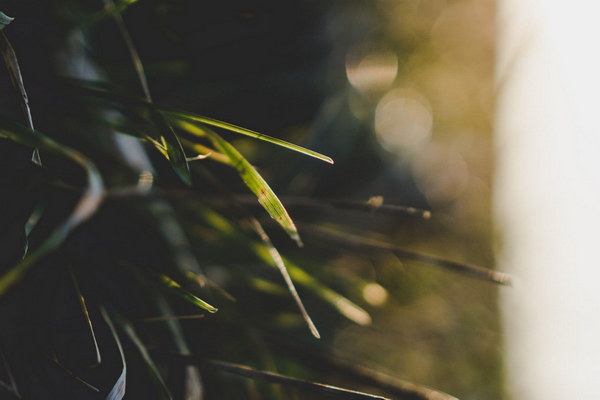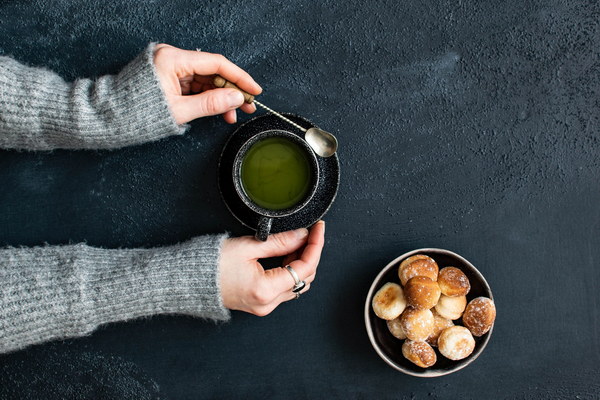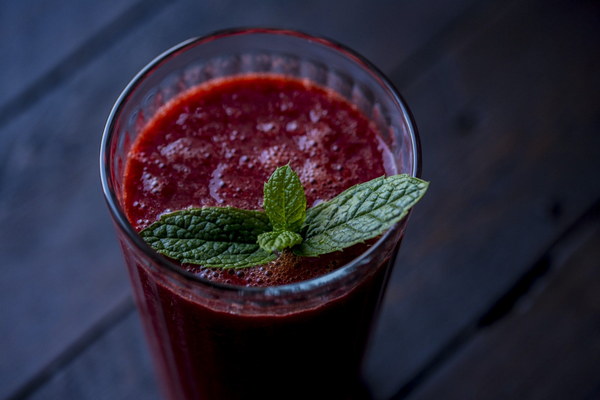Can Eczema Help Remove Dampness Exploring the Traditional Chinese Medicine Perspective
Eczema, a common skin condition characterized by inflammation, itching, and redness, has been a topic of concern for many individuals seeking relief from its uncomfortable symptoms. In traditional Chinese medicine (TCM), there is a belief that dampness within the body can lead to eczema and other skin issues. This has led to the question: Can eczema actually help remove dampness? Let's delve into this intriguing concept and explore the TCM perspective.
In TCM, dampness is considered a vital element that can be beneficial or detrimental to the body, depending on its balance. When dampness becomes excessive, it can disrupt the body's Yin and Yang balance, leading to various health issues, including eczema. The theory suggests that dampness can manifest as sticky, heavy, and cold symptoms, and it is believed to be the root cause of many skin conditions, including eczema.

The idea that eczema can help remove dampness is based on the principle of treating the root cause. TCM practitioners often aim to address the underlying imbalances in the body to alleviate symptoms. Here's how eczema might be linked to dampness removal:
1. Acupuncture: Acupuncture, a key component of TCM, involves inserting fine needles into specific points on the body. It is believed to help drain excess dampness and restore the body's balance. While the scientific evidence for acupuncture's effectiveness in treating eczema is mixed, many individuals report positive outcomes.
2. Herbal Medicine: TCM utilizes a wide range of herbs to treat various conditions, including eczema. Many herbal formulas are designed to remove dampness and support the liver, spleen, and kidney functions, which are crucial in maintaining the body's balance. Herbs such as Astragalus, Poria, and Rehmannia are commonly used in these formulas.
3. Dietary Adjustments: TCM emphasizes the importance of diet in maintaining health and balancing the body's energy. Foods that are believed to exacerbate dampness, such as dairy, sugar, and refined carbohydrates, are often avoided. Instead, individuals are encouraged to consume foods that help drain dampness, like ginger, garlic, and leeks.
4. Moisture Control: In TCM, maintaining a balanced moisture level in the body is essential. Eczema can be seen as a sign of excessive dampness, and treatments may involve measures to control moisture, such as using moisturizing creams to soothe the skin and prevent further irritation.
While the concept of using eczema to remove dampness is intriguing, it's important to note that this approach is not without controversy. Critics argue that the scientific evidence supporting TCM's efficacy in treating eczema is limited, and that the condition is often a result of complex interactions between genetics, environment, and immune system function.
Moreover, while some individuals may find relief from their eczema symptoms through TCM practices, others may not see the same benefits. It's crucial for individuals to consult with qualified healthcare professionals, such as dermatologists and TCM practitioners, to develop a personalized treatment plan.
In conclusion, while the idea of using eczema to remove dampness in TCM is an interesting concept, it is not a guaranteed solution for everyone. It is essential to approach eczema treatment with a holistic perspective, considering both TCM and conventional medical approaches. By doing so, individuals may find relief from their symptoms and improve their overall well-being.









